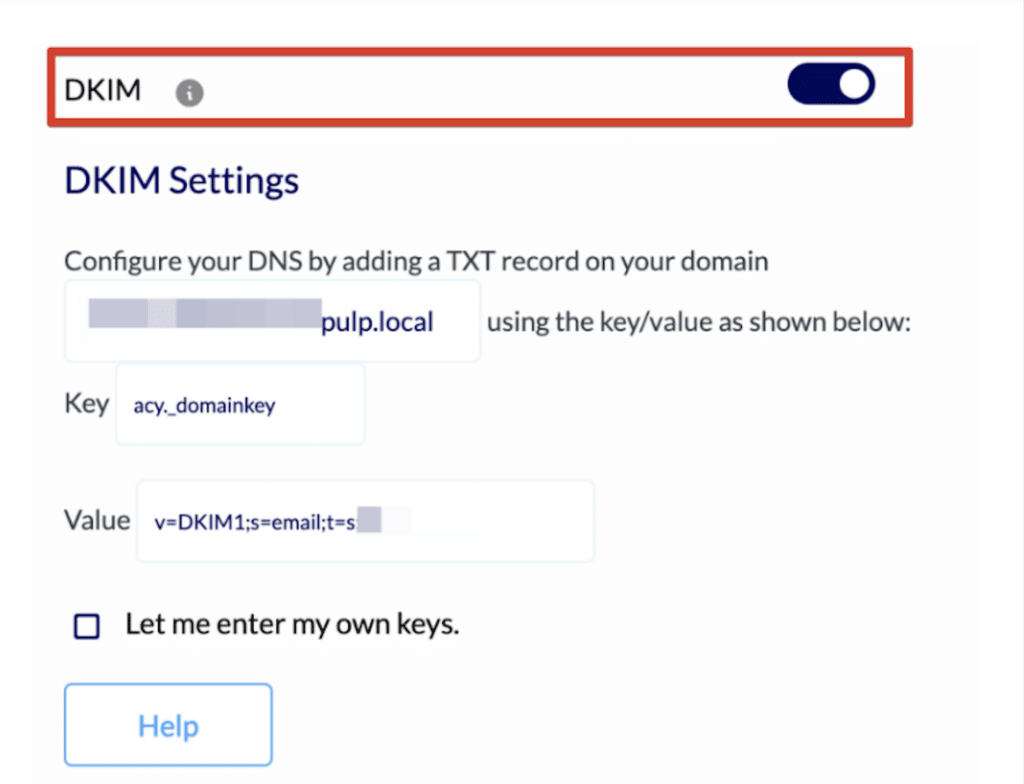The rapid growth of electronic communications has brought considerable benefits, but it has also opened the door to various online threats, such as phishing and email spoofing. To strengthen email security and combat these threats, authentication protocols such as SPF, DKIM and DMARC have been developed. A comprehensive understanding of these protocols is essential to ensure the trust and reliability of electronic exchanges
Why robust email authentication is crucial?
Preventing phishing and spoofing
Email authentication prevents the forgery of the sender’s address, thereby reducing the risks associated with phishing and spoofing. These attacks are commonly used to deceive users by posing as legitimate senders, which can lead to loss of sensitive data and other security problems.
Strengthening User Confidence
By guaranteeing the authenticity of e-mails, authentication protocols help to strengthen user confidence. Recipients can have greater assurance that messages really do come from the indicated sender, reducing the risk of manipulation or usurpation.
Protecting the Domain’s Reputation
Companies and organisations can suffer significant damage if their domains are associated with spam or phishing activities. Strong email authentication protects domain reputation by preventing malicious senders from illegitimately using these domains to carry out attacks.
Find out more 👉 https://www.acymailing.com/maximizing-email-deliverability-tips-and-tricks-2023/
Reducing the Risk of Blocking by Anti-Spam Filters
Mail servers use spam filters to identify and block suspicious e-mails. Authentication protocols help to ensure that legitimate emails are not falsely identified as spam, thereby reducing the risk of being blocked by these filters.
Read our article on AcyChecker, the solution for maximising your deliverability!
Internal Threat Management
Authentication protocols also help deal with internal threats by ensuring that only authorised mail servers can send emails on behalf of a domain. This reduces the risk of identity theft within an organisation.
Compliance with Safety Standards
Many security regulations and standards, such as the General Data Protection Regulation (GDPR), encourage or require the implementation of robust security measures, including email authentication mechanisms.
In short, good email authentication is essential to protect users, preserve corporate reputations, and ensure the integrity of electronic communications in a digital landscape where online threats are becoming increasingly sophisticated.
What do SPF, DKIM and DMARC mean?
SPF (Sender Policy Framework)
The SPF, or Sender Policy Framework, is the first line of defence against sender address forgery. Its aim is to enable domain owners to specify which mail servers are authorised to send emails on their behalf. It works simply but effectively: the domain owner creates an SPF record in the domain’s DNS (Domain Name System), detailing the IP addresses of authorised mail servers. When a receiving server encounters an email claiming to originate from that domain, it verifies the authenticity of the sender by checking the SPF record.
DKIM (DomainKeys Identified Mail)
DKIM, or DomainKeys Identified Mail, complements SPF by adding an extra layer of authentication based on cryptography. The idea is to add a digital signature to the e-mail headers, created by the sending server using a private key. The receiving server can then verify this signature using the public key published in the DNS of the sending domain. If the signature is valid, the e-mail is considered authentic. DKIM reinforces confidence in the sender’s identity by providing cryptographic proof of the message’s origin.
How do I activate it at AcyMailing?

DMARC (Domain-based Message Authentication, Reporting, and Conformance)
DMARC, or Domain-based Message Authentication, Reporting, and Conformance, is a specification that allows domain owners to specify how their emails should be handled if they fail SPF or DKIM checks. DMARC uses the information provided by SPF and DKIM to determine the action to be taken in the event of non-compliance. Domain owners can choose to reject or monitor unauthenticated emails. In addition, DMARC offers a reporting mechanism that allows domain owners to receive information about attempts to use their domain fraudulently.
These authentication protocols will become essential for Yahoo and Gmail users in early 2024. New compliance rules will be put in place, and if you’d like to find out more, we’ve created a specialist guide to these changes.
The implementation of SPF, DKIM, and DMARC is a global strategy aimed at strengthening email security. These protocols offer protection against identity forgery, thus improving users’ confidence in their electronic exchanges. Domain owners should see the adoption of these protocols as a crucial step in guaranteeing the security and authenticity of their electronic communications in an ever-changing digital world.
| AcyMailing users | AcyMailing users + Sending service | |
|---|---|---|
| SPF authentication | Basic operation | Basic operation |
| DKIM authentication | Activate option – most sending services | Basic operation |
| DMARC authentication | Can work with most sending services | Not working |
also read : best time and day to send email newsletters in 2023



